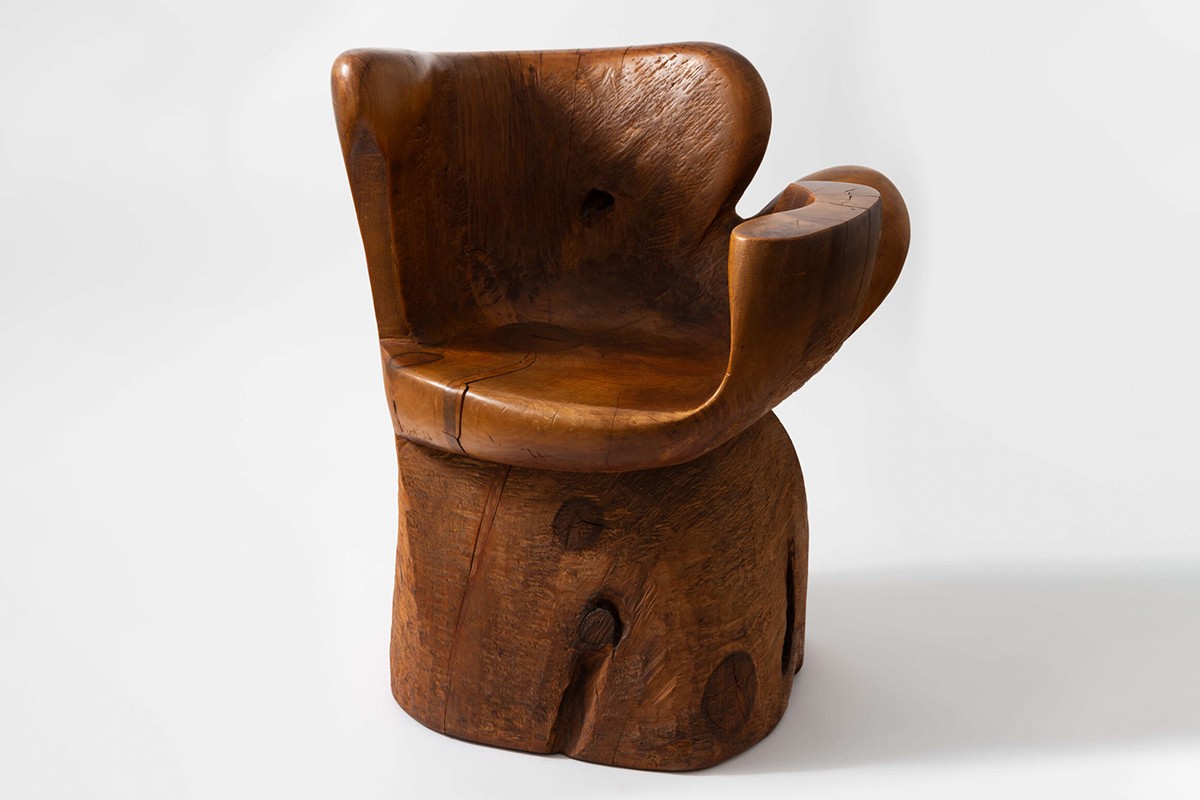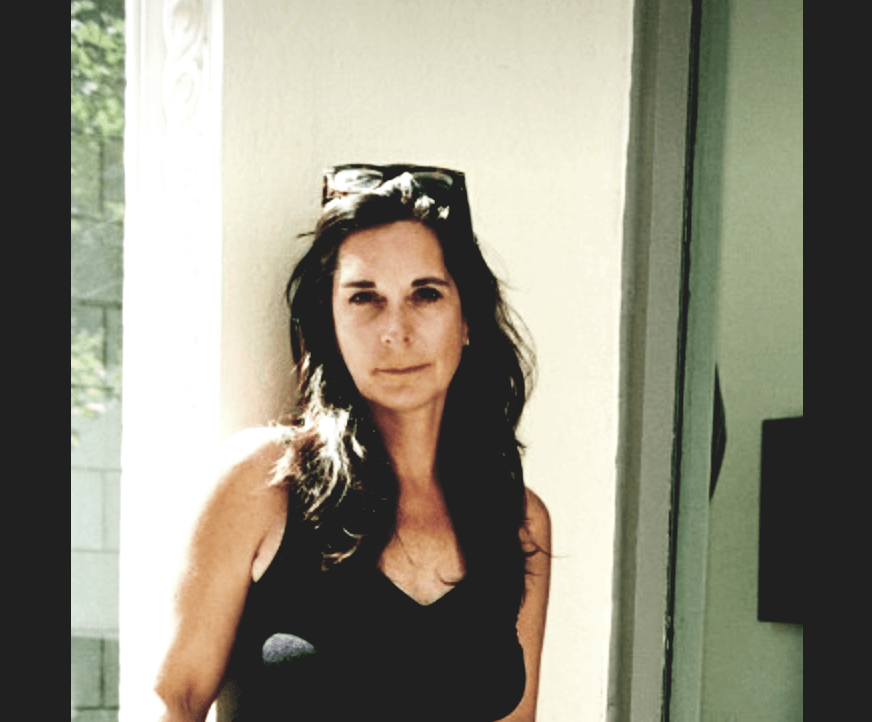The Art of Building a Collection: How to Find the Right Art Advisor

As an art advisor meeting new people in social or professional settings, I am often asked for advice on how to build an art collection. A common way to kickstart the process is by engaging the services of a seasoned art advisor.
While some professional standards, practices and credentials exist, it is an unregulated profession. So, what characteristics or qualities should one consider when choosing an art advisor?
In the simplest terms, your advisor should exhibit a combination of the Five Es: Education, experience, expertise, ethics and edge.
Education: Are you interested in old masters or ultra-contemporary art? Different areas of collecting demand different educational backgrounds, cultural knowledge and an intuitive appreciation of that epoch’s aesthetics. Therefore, you should inquire about the advisor’s academic background, which should ideally be in the specific area of interest. Additionally, ask if they hold any art professional designations, certifications or serve on any nonprofit boards. Membership and nonprofit organizations typically qualify professionals, require continuing education and professional best practices, as well as codes of ethics. I would not consider membership in collecting groups, museum clubs and salons as qualifications unless reflective of their leadership in their respective expertise.
Experience: Ask if he or she is fluent in the relevant art market trends, current market performance, and has deep relationships with auction houses and dealers. Evaluate their access and ability to target, source and assess the best offerings in the marketplace, and readily negotiate the buyer’s terms and conditions. Assess the quality of their other clients’ holdings and the depth of relationships with auction and gallery marketplace professionals.
Expertise: Whilst the art world has become more accessible to collectors through international art fairs, online auctions and biennales, an advisor who has worked with the specific micro-markets or periods of art has the skills to navigate these platforms to buy smartly. Additionally, a skilled advisor is often ethically bound to privacy, sometimes with NDAs, and practice discretion. With that said, you may inquire about their other clients to evaluate the extent of their insight and ability to assemble quality collections.
Ethics: Although recently there have been a few newsworthy instances of unethical behavior in the field, any advisor you engage should follow the golden rule, or “professional best practices,” of full transparency and disclosure of all transactions. This starts with a written “Advisor’s Agreement,” that clearly states the terms and conditions of their engagement, fee structure and professional responsibilities. The advisory profession frowns upon “double dipping,” whereby the advisor takes a fee from both the buyer and seller. In addition, it also discourages receiving undisclosed incentive fees from sellers, or selling their own inventory. Should an advisor operate in this manner, the fee and transaction should be made explicitly transparent before acquisition in order to avoid conflicts of interest.
Edge: Perhaps the secret recipe of any great advisor is that they possess an intuitive cultural literacy in their specific fields, know the go-to sources for great works and are fully immersed in their art community. Ideally, they are recognized not just by collectors, but are active contributors and have established reputations amongst other professionals. Cognizant of the most significant due diligence concerns in their market sectors, a good advisor will be fluent in their specialties and be able to provide you a clear road map through the acquisition process — from selection, to valuation analysis, to display. Someone who relies heavily on shortcuts or “insta collecting” by utilizing “hot tips,” market gossip, or published “top artists” lists, is merely chasing the market and lacks foresight, and is likely to fail at beating the market or crafting an individualized collection that reflects your aesthetics.
No matter what area of art, design or collectibles is of interest, the best advisor will embolden your curiosities, nurture your individual tastes and guide your journey to discover your passions in the marketplace.

Renée Vara, AAA is the founder of VARA ART, a full-service advisory and curatorial firm specializing in art from post-war to ultra-contemporary. With deep expertise, she has worked in the marketplace, including with ARTnews Top 200 Collectors, for over three decades. Renée holds degrees in art history and cultural theory and is a Board Alumna & Certified Member of the Appraisers Association of America. An award-winning educator from NYU, she has internationally curated and lectured at over 40 international institutions and is recognized by over 50 media outlets.
VARA ART has offices in the Hamptons & New York City, with new outposts in London & Europe. For more information visit varaart.com, call 212-475-4404, email info@varaart.com or scan the QR code.




